Burundian civil society organization PARCEM has criticized what it calls the government’s “trial-and-error” approach to managing the country’s mining sector, following the official launch of mineral exports to China last week.
On October 7, President Evariste Ndayishimiye oversaw the shipment of ten containers—six carrying 156 tons of amethyst and four with 104 tons of green quartz—to China. The president hailed the move as a “historic milestone” that would help the country earn foreign currency and revitalize the fragile economy.
But in a statement released soon after, PARCEM argued that the mining industry remains poorly structured and dominated by short-term, inconsistent policies. “The sector is marked by a lack of vision and a trial-and-error policy,” the organization said, citing past mining projects that failed to yield tangible results.
According to PARCEM, earlier initiatives—including the 2013 launch of mining operations in Rutana under former President Pierre Nkurunziza, and subsequent rare-earth exploration efforts—produced little benefit. “Even recent partnerships with foreign investors promising hundreds of millions of dollars in funding have not materialized,” the group said.
The organization questioned the transparency of the new export process, urging the government to disclose details about who is exporting the minerals, which public entities oversee operations, and how much revenue will be generated. PARCEM also called for assurances that the proceeds will be properly managed by the Central Bank and potentially used to address pressing national shortages, such as fuel.
“There must be transparency in the management of foreign currency and traceability in the national budget,” the statement reads. “Without clear accountability, the sector will continue to benefit a few while the country sees no visible gains.”
To make the mining industry more effective and sustainable, PARCEM called for a comprehensive mining code with clear enforcement, an updated national mining strategy and geological map, and stronger coordination among relevant institutions. It also urged transparency in mining contracts, adherence to international standards such as the Extractive Industries Transparency Initiative (EITI), and stricter enforcement of environmental and anti-corruption measures.
PARCEM further questioned the government’s recent decision to involve youth groups under the PAEEJ program in mining operations, asking whether these young actors possess the necessary expertise to manage mineral extraction responsibly.
“Without professionalism and transparency, Burundi will continue to miss out on the real benefits of its natural resources,” according to the organization. Burundi’s government has yet to respond to PARCEM’s statement.

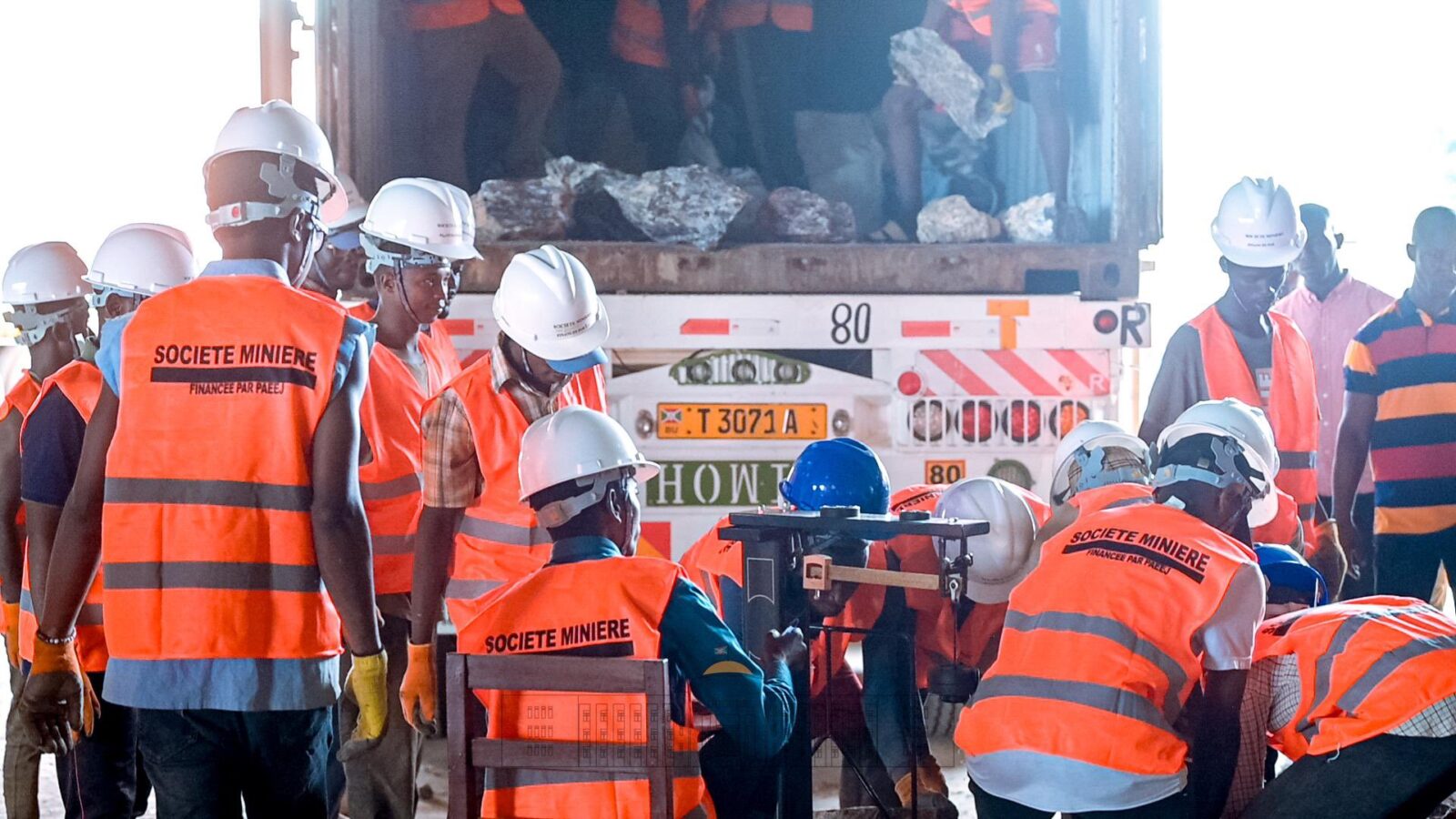
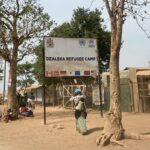


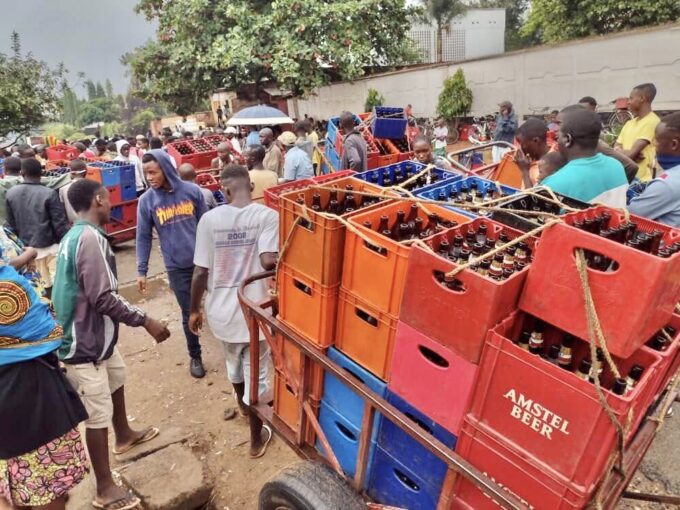
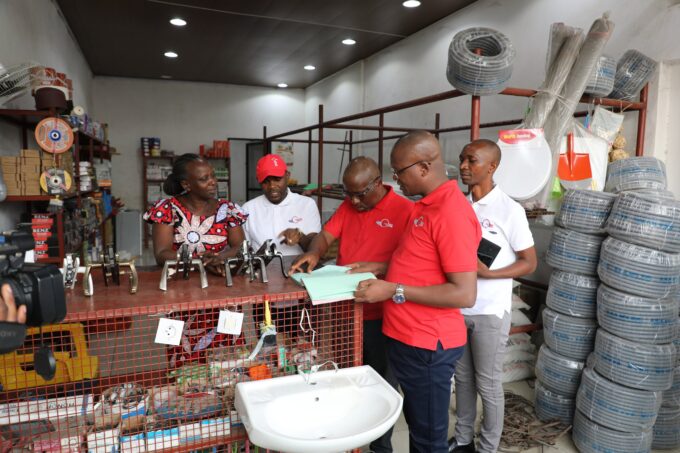
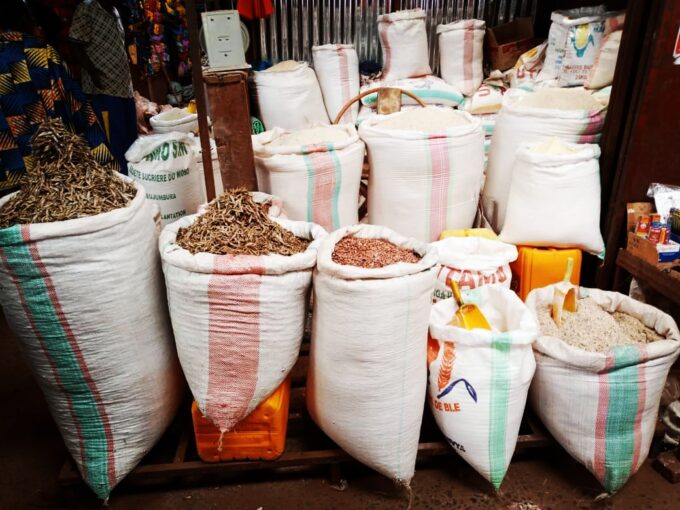
Leave a comment